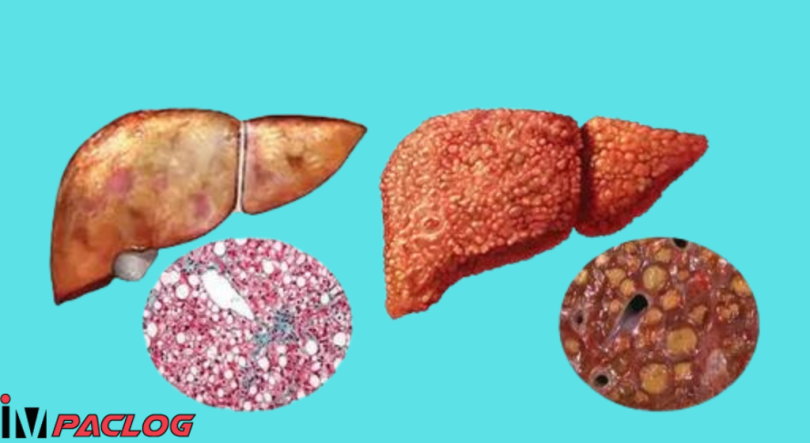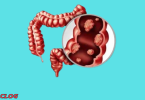The liver’s main function is to filter blood from the digestive system before passing it to the rest of the body. The liver also detoxifies chemicals and metabolizes drugs.
Thus, the liver secretes bile that returns to the intestines. Liver is a big problem, isn’t it?
However, this organ may suffer from diseases that lead to disability, such as cirrhosis, hepatitis C, fatty liver, and others.
Here are some signs that appear in your body that you should not ignore and that warn you of a danger related to poor liver function.
Lack of appetite
Since bile production is insufficient, foods cannot be processed properly, especially dietary fats. That’s why you don’t feel hungry regularly
Weakness and fatigue
Feeling constantly tired is a very common symptom associated with many other conditions. But because of excess toxins in your blood, which can also result from a malfunction in another organ, your brain doesn’t get enough “good” blood full of oxygen. Always keep these symptoms in mind with others and not alone when diagnosing liver problems.
Digestive system problems
We mentioned that foods cannot be processed regularly, especially fats in foods. You may get diarrhea or irritable bowel syndrome, especially when you eat fatty and crunchy foods, such as nuts and sunflower seeds. If this becomes a serious problem for you, see your doctor for preventive treatment.
Jaundice
Yellow pigmentation in the tongue, fingertips, and eyes is called jaundice. It is a result of increased bilirubin in the blood as well as body tissues. Jaundice is also a symptom of pancreas and bladder problems, so you should see a doctor if you experience these symptoms.
Water secretion
Fluid retention, especially in the ankles and feet, is an early symptom of irregular liver function. It is similar to ascites, but the difference is that fluid accumulates in the lower extremities. It can also be caused by a hormonal imbalance, but is more common in women.
Diarrhea, constipation, or gastrointestinal bleeding – because the liver makes clotting factors and the absence of these factors leads to bleeding from the intestines.
Your stool is a different color
Due to the lack of bile, the color of the stool also changes and usually becomes pale and light in color. If it happens occasionally, it may be because of what you ate that day, but if it happens regularly, it is a sure sign of liver dysfunction.
Change in urine color
Dehydration can cause dark urine, but if you think you’re drinking enough fluids, especially water, and your urine is still dark, you may have liver problems. Again, bilirubin levels are high because the liver cannot get rid of it through the kidneys.
stomachache
It is a very common symptom in almost all stomach diseases, influenza, etc. But if nausea, vomiting, headache and dizziness follow, it could be the liver.
Many other symptoms show that the liver is not functioning at full capacity. Liver dysfunction can also lead to an imbalance in sex hormones (breast growth in men or increased hair in certain parts of the body in women), increased or decreased sexual desire, etc. However, when diagnosing something, you should always look at all of the following: Your symptoms. Symptoms and definitely get a second opinion from a doctor or health care professional.







